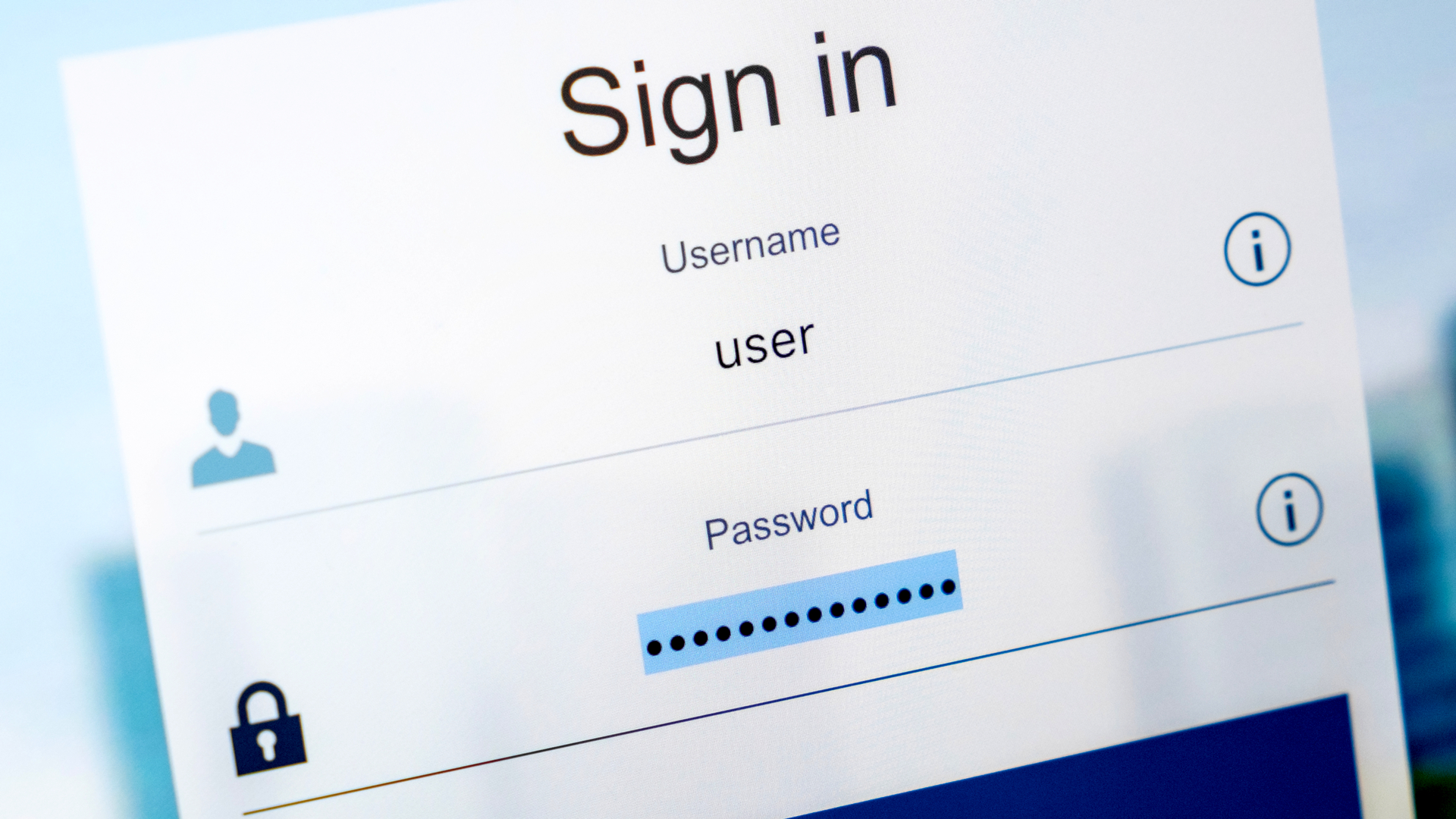44 million Microsoft customers found using compromised passwords
The company has issued widespread password resets for those affected


Microsoft's identity threat researchers have revealed that 44 million of its users are still using passwords that have previously been compromised in past data breaches.
The 44 million weak accounts comprised both Microsoft Services Accounts (regular users) and Azure AD accounts too, suggesting businesses are not adopting proper password hygiene.
A total of three billion user credentials were checked in a database populated from numerous sources including law enforcement and public databases.
Using the data set of three billion credentials, Microsoft was able to identify the number of users who were resuing credentials across multiple online services.
Microsoft forced a password reset for all of those users who were found to have leaked credentials during the scan which took place between January and March 2019.
"On the enterprise side, Microsoft will elevate the user risk and alert the administrator so that a credential reset can be enforced," the company said.
Microsoft also said if users are going to reuse login credentials across different services, enabling a form of multi-factor authentication (MFA) is imperative.
Get the ITPro daily newsletter
Sign up today and you will receive a free copy of our Future Focus 2025 report - the leading guidance on AI, cybersecurity and other IT challenges as per 700+ senior executives
"MFA is an important security mechanism that can dramatically improve your security posture," it said. "Our numbers show that 99.9% of identity attacks have been thwarted by turning on MFA."
"In today's cybersecurity landscape, it couldn't be truer to say that passwords are the weakest link," said Robert Ramsden Board, VP EMEA at Securonix. "We need to create several versions of them, make them hard to guess and commit them to memory. Therefore, it comes as no surprise that password reuse is so rampant."
"Two-Factor authentication can help tackle the risk posed by password reuse," he added. "However, organisations and users should explore alternatives to the traditional text password, such as persona-based authentication."
RELATED RESOURCE

How to build an effective cyber resilience strategy
Don’t let your organisation be caught unprepared
When individuals reuse their login details with slight modifications, it's still 'incredibly' easy to break into them, according to a 2018 Virginia Tech study.
Out of 30 million users examined, 52% used modified versions of their credentials. The researchers found that even when modified, 30% of the credentials could be guessed within 10 attempts.
Earlier this year, Microsoft raised the character limit for Azure AD accounts from 16 characters to 256 which vastly improved the security of passwords and the time it would theoretically take to brute force an account.
Google released figures earlier this year which seemed to align closely with the number of weak accounts that Microsoft scanned.
Google announced that 1.5% of all account logins use compromised passwords, according to figures from its Password Checkup Chrome extension. This is not too dissimilar to Microsoft's findings which equate to 1.46% of the total number of scanned users.

Connor Jones has been at the forefront of global cyber security news coverage for the past few years, breaking developments on major stories such as LockBit’s ransomware attack on Royal Mail International, and many others. He has also made sporadic appearances on the ITPro Podcast discussing topics from home desk setups all the way to hacking systems using prosthetic limbs. He has a master’s degree in Magazine Journalism from the University of Sheffield, and has previously written for the likes of Red Bull Esports and UNILAD tech during his career that started in 2015.
-
 Bigger salaries, more burnout: Is the CISO role in crisis?
Bigger salaries, more burnout: Is the CISO role in crisis?In-depth CISOs are more stressed than ever before – but why is this and what can be done?
By Kate O'Flaherty Published
-
 Cheap cyber crime kits can be bought on the dark web for less than $25
Cheap cyber crime kits can be bought on the dark web for less than $25News Research from NordVPN shows phishing kits are now widely available on the dark web and via messaging apps like Telegram, and are often selling for less than $25.
By Emma Woollacott Published
-
 "Thinly spread": Questions raised over UK government’s latest cyber funding scheme
"Thinly spread": Questions raised over UK government’s latest cyber funding schemeThe funding will go towards bolstering cyber skills, though some industry experts have questioned the size of the price tag
By George Fitzmaurice Published
-
 Modern enterprise cybersecurity
Modern enterprise cybersecuritywhitepaper Cultivating resilience with reduced detection and response times
By ITPro Published
-
 IDC InfoBrief: How CIOs can achieve the promised benefits of sustainability
IDC InfoBrief: How CIOs can achieve the promised benefits of sustainabilitywhitepaper CIOs are facing two conflicting strategic imperatives
By ITPro Published
-
 The complete guide to the NIST cybersecurity framework
The complete guide to the NIST cybersecurity frameworkWhitepaper Find out how the NIST Cybersecurity framework is evolving
By ITPro Published
-
 Are you prepared for the next attack? The state of application security in 2024
Are you prepared for the next attack? The state of application security in 2024Webinar Aligning to NIS2 cybersecurity risk-management obligations in the EU
By ITPro Published
-
 The economics of penetration testing for web application security
The economics of penetration testing for web application securitywhitepaper Get the most value from your security solution
By ITPro Published
-
 How to extend zero trust to your cloud workloads
How to extend zero trust to your cloud workloadsWhitepaper Implement zero trust-based security across your entire ecosystem
By ITPro Published
-
 Four requirements for a zero trust branch
Four requirements for a zero trust branchWhitepaper Effectively navigate the complex and ever-changing demands of security and network connectivity
By ITPro Published